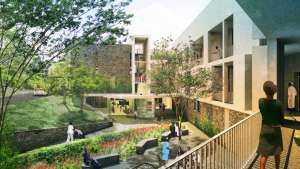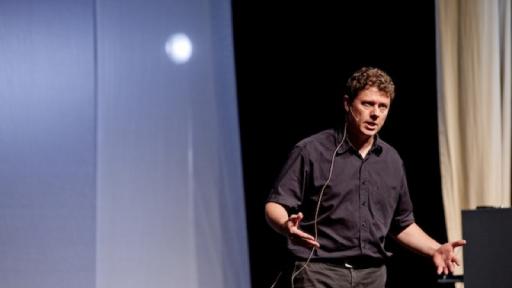Watch the Trailer
-
Watch a short trailer to get a taste of this conference talk.
In this talk from Design Indaba Conference 2012 Heinrich Wolff discusses architecture as a force of social change in South Africa. He also looks to the environmental responsiveness of buildings and how they form an important component of social change.
At times of rapid social change, architecture has the capacity to contribute to the outcomes of those kinds of changes, says Wolff.
Wolff also looks to the issue of inequality in South African cities, an agenda for change, and why architects need to be both engaged and autonomous. "Our new-found political freedom means very little to the individual if it is not supported by access to economic opportunies and education," says Wolff. The role architecture can play in this is demonstrated by the fact that the new building design by Noero Wolff Architects for the Inkwenkwezi Secondary School in the Du Noon township outside Cape Town resulted in an increase in pass rate from 40% to 70%. Similarly, in hospitals, the levels of natural light have been scientifically proven to impact hugely on the quality of life and work of nurses, having a direct correlation on how they treat patients.
For Wolff, architecture needs to touch the earth lightly, and he shows examples of how his work, including urban homes, schools and hospitals, seeks to achieve this goal.











